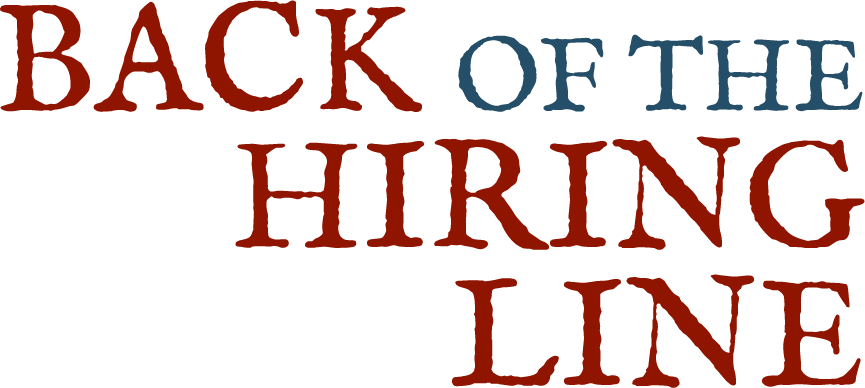IN THE NEWS:
For much of U.S. history, it was broadly agreed that moderating annual legal immigration numbers and deterring illegal migration was a standard of sound governance. Therein lies the core of Roy Beck’s Back of the Hiring Line. The book focuses on the question: what do American institutions owe U.S. citizens? As suggested by the subtitle, A 200-Year History of Immigration Surges, Employer Bias, and Depression of Black Wealth, it challenges the reader to examine the costs of immigration, particularly to African Americans. Across the book’s twenty-six chapters, Beck takes the reader on a survey of historical events and political thought, with a focus on the experiences of emancipated slaves and their progeny, or Freedmen, as the group bearing the heaviest costs.
Beck makes his case with excerpts from speeches by abolitionists who were also advocates of reducing immigration, excerpts from news reports about immigrant-led race riots, tales of organized economic exclusion of American Freedmen, policy recommendations from civil rights leaders, and data about demographic trends....
....By identifying the impacts on descendants of U.S. slaves and calling for corrective actions, Beck puts policymakers on notice that claims of ignorance, actual or feigned, are no longer an acceptable response to the costs of expansive immigration policy. He presents an opportunity for leaders to take accountability for the history that needs to be set right in the present....
....By framing immigration through the lens of lineage, not race, Beck issues a challenge to policymakers to understand the impacts of migration from a new historical perspective, and adjust their priorities to undo the negative impacts of recent policy. The first three-quarters of Back of the Hiring Line offers a robust and startling two-hundred-year account of racialized incidents, policy debacles, and outcomes data. It tells the tale of how immigration has negatively impacted the wealth and safety of multiple generations of American Freedmen....
...In the last three chapters, Beck resurrects the calls to action of black abolitionists and civil rights leaders. Their unapologetic message about immigration was clear: put Americans first.
Read the full article here:
https://americanaffairsjournal.org/2022/08/immigration-viewed-from-the-back-of-the-hiring-line/


